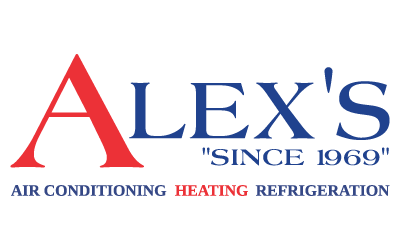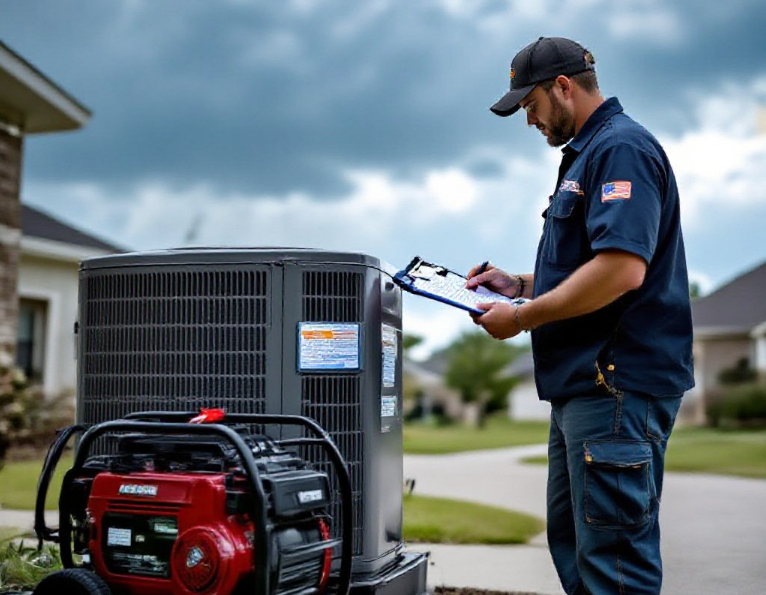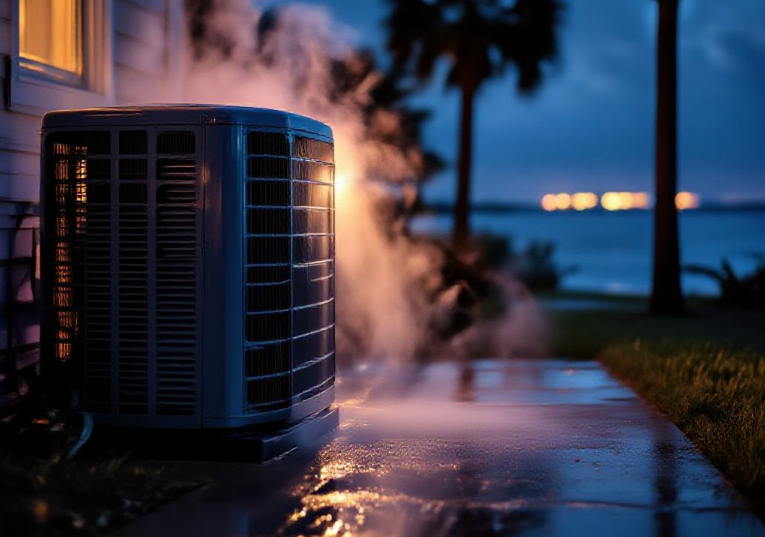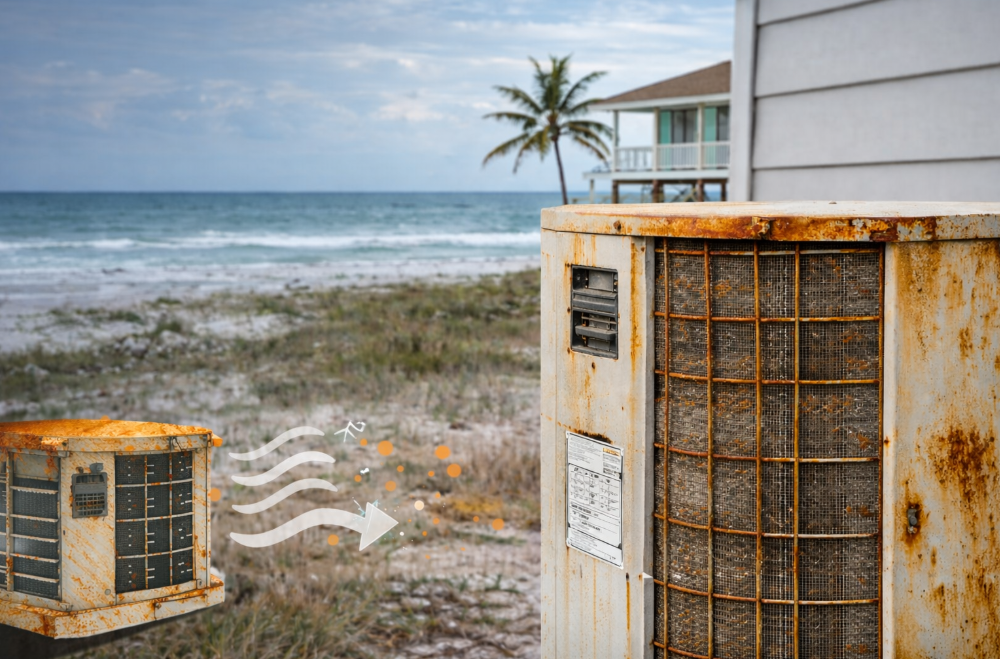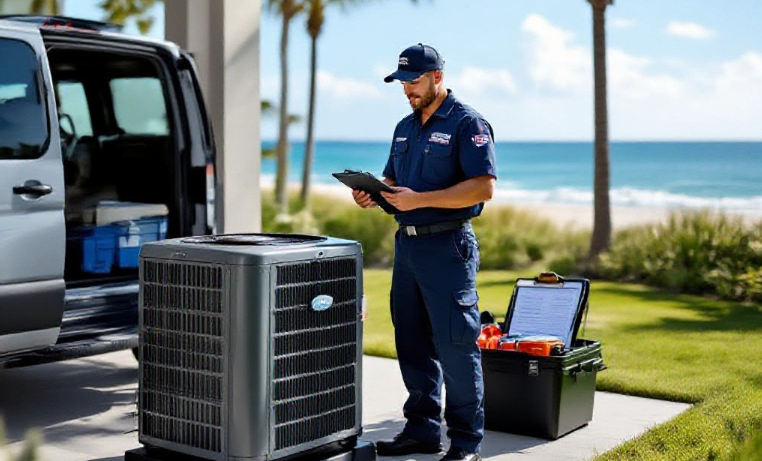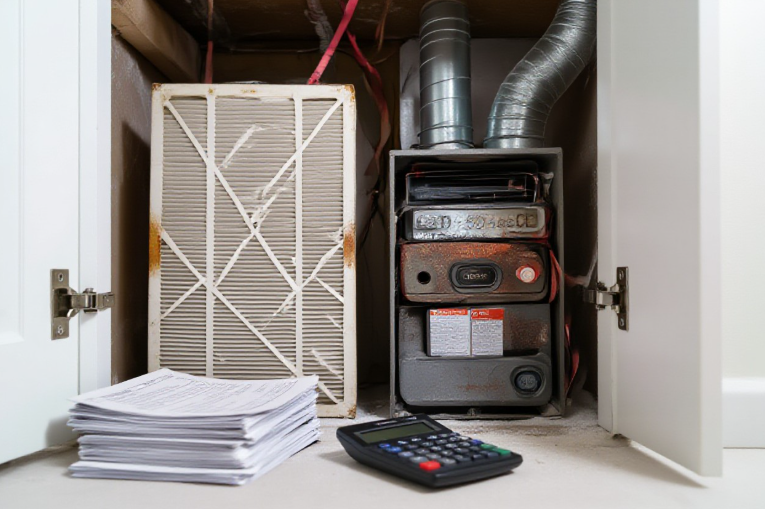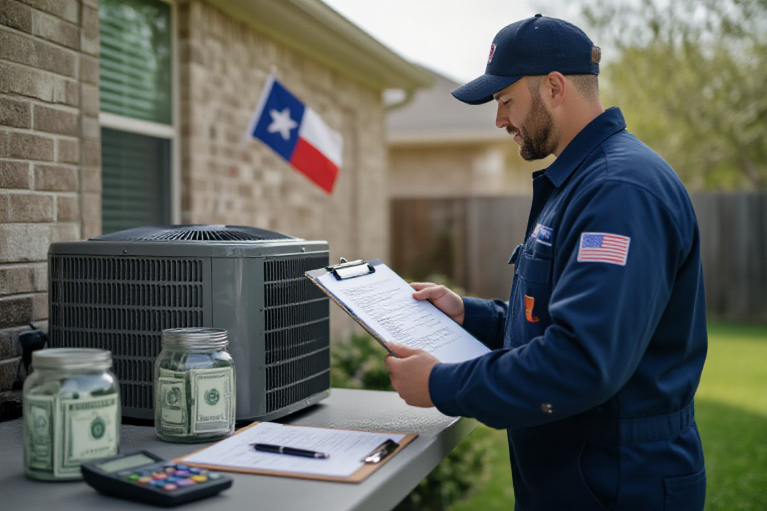In the heart of Texas, where summer heat waves test even the best air conditioners, homeowners know that comfort can come at a cost. Energy bills rise sharply when HVAC systems run nonstop but there are smart ways to keep your home cool without draining your wallet.
At Alex’s Air, we’ve been helping Texas homeowners stay comfortable for decades. As we move into 2025, energy efficiency is more important than ever — not only to save on costs but also to reduce strain on the power grid and lower your carbon footprint.
Here are 10 expert-backed energy-saving HVAC tips that every Texas homeowner should know this year.
1. Schedule Seasonal HVAC Tune-Ups
Routine maintenance remains one of the most effective ways to extend your system’s life and maintain efficiency. Just like your car needs oil changes, your HVAC system needs tune-ups to run smoothly.
During a professional HVAC maintenance visit, technicians inspect refrigerant levels, clean coils, test airflow, and tighten electrical components. These small actions can reduce energy use by up to 15% according to the U.S. Department of Energy.
Schedule a spring tune-up before cooling season and a fall inspection before heating season.
Learn more: AC Maintenance Checklist for La Marque Homeowners
2. Change Your Air Filters Regularly
This may seem simple, but dirty filters are one of the most common culprits behind rising energy bills. When filters clog with dust and debris, your HVAC system works harder to push air through, wasting electricity and straining components.
In Texas, where dust and pollen levels can spike, replace filters every 30 to 60 days. If you live near the coast or in a high-allergen area, monthly replacement is ideal.
Look for MERV 8–13 filters, which balance airflow and filtration performance for residential systems.
3. Upgrade to a Smart Thermostat
If your home still uses a manual thermostat, upgrading is one of the smartest investments you can make in 2025.
Smart thermostats learn your habits, adjust temperatures automatically, and allow remote control from your phone. Features like “eco mode” and “geofencing” ensure your HVAC runs only when needed — potentially saving you 10–20% annually on energy costs.
Many Texas utility companies, including CenterPoint Energy, offer rebates for installing Energy Star–certified smart thermostats.
Explore: Smart Thermostats for Texas Homes: Comfort, Savings, and Control
4. Seal and Insulate Your Ductwork
Up to 30% of cooled or heated air can escape through leaky ducts, according to Energy Star. This means your HVAC system works harder to maintain your desired temperature — wasting both energy and money.
Professional duct sealing involves inspecting and repairing joints, applying mastic sealant, and insulating ducts running through attics or crawlspaces.
If your home feels unevenly cooled or you notice higher-than-normal bills, ask Alex’s Air about ductwork inspection and sealing services.
5. Use Ceiling Fans to Supplement Cooling
Ceiling fans don’t actually lower room temperature, but they make you feel cooler by circulating air. Running a fan lets you raise your thermostat setting by 4°F without losing comfort — saving energy in the process.
In the summer, set your ceiling fan to rotate counterclockwise. In the winter, reverse it to clockwise to distribute warm air.
For best results, combine fan use with proper insulation and thermostat programming.
6. Upgrade to an Energy-Efficient HVAC System
If your system is more than 10–12 years old, it’s likely operating at a fraction of the efficiency of newer models.
Modern HVAC units with SEER2 ratings of 16 or higher deliver significantly improved performance, using less power to produce the same comfort. Texas homeowners who upgrade often see a 20–40% reduction in energy use.
Consider an Energy Star–certified system for maximum savings and rebates.
Learn: Energy-Efficient HVAC Upgrades: What’s Worth It in 2025?
7. Optimize Thermostat Settings for Texas Weather
Finding the right thermostat balance can save hundreds per year.
For Texas homeowners, the Department of Energy recommends:
Summer: 78°F when home, 82–84°F when away
Winter: 68°F when home, 62°F when sleeping or away
Each degree of adjustment can save roughly 3–5% on energy costs. Use smart scheduling to automate these settings.
8. Improve Home Insulation and Air Sealing
Even the most efficient HVAC system can’t perform well if your home leaks air. Poor insulation allows conditioned air to escape, forcing your system to run longer cycles.
Seal gaps around windows, doors, and attics using caulk and weather stripping. Upgrading attic insulation from R-19 to R-38 can reduce cooling costs by 10–15%.
For older Texas homes, an energy audit can identify hidden leaks using infrared technology.
9. Manage Humidity Levels
Humidity control plays a major role in HVAC efficiency. High indoor humidity makes air feel warmer than it is, prompting you to lower the thermostat unnecessarily.
Installing a whole-home dehumidifier can reduce energy consumption by keeping comfort levels steady at higher temperatures.
Conversely, overly dry air in winter can cause discomfort and static buildup. Maintaining 40–50% humidity helps your system run optimally year-round.
Related: Allergens, Humidity Control, and Modern Air Purification Solutions
10. Schedule Regular Professional Inspections
Finally, don’t wait for your system to fail before calling a professional. Regular inspections catch issues early — refrigerant leaks, worn belts, or blocked vents — that can reduce efficiency and lead to expensive repairs.
Alex’s Air offers comprehensive HVAC inspection services throughout Texas, ensuring your system performs at peak levels through every season.
Schedule your next inspection: Contact Alex’s Air
Bonus Tip: Take Advantage of Energy Rebates
In 2025, Texas homeowners have more rebate options than ever through federal and state energy programs. The Inflation Reduction Act continues to provide tax credits for high-efficiency HVAC upgrades, insulation improvements, and smart thermostats.
Visit EnergyStar.gov or the Texas State Energy Conservation Office (SECO) to learn about the latest incentives.
Why Energy Efficiency Matters in Texas
Reducing HVAC energy use does more than lower bills. It helps prevent grid overloads during summer heatwaves, supports sustainability, and extends your system’s lifespan.
An energy-efficient home also stays more comfortable — maintaining consistent temperatures, cleaner air, and fewer breakdowns.
By implementing these 10 tips, you’re not only saving energy — you’re protecting your investment and improving quality of life.
Final Thoughts
As Texas weather grows more unpredictable, efficiency is key to reliable comfort. Whether it’s upgrading to a smart thermostat, sealing ducts, or scheduling maintenance, every small step adds up to long-term savings.
At Alex’s Air, we’re committed to helping homeowners make smart, sustainable choices. Contact our team today for expert advice or to schedule an HVAC energy audit for your home.
